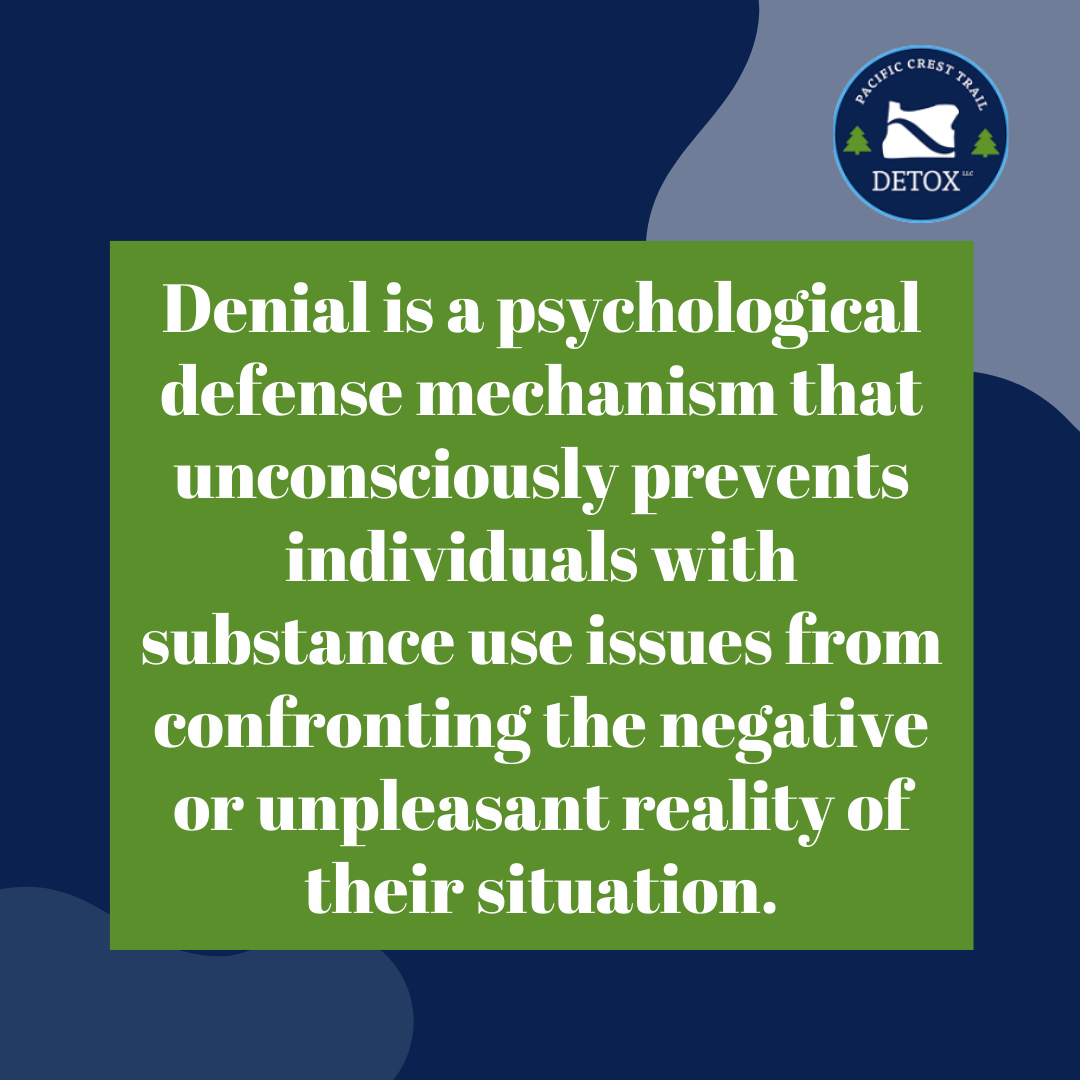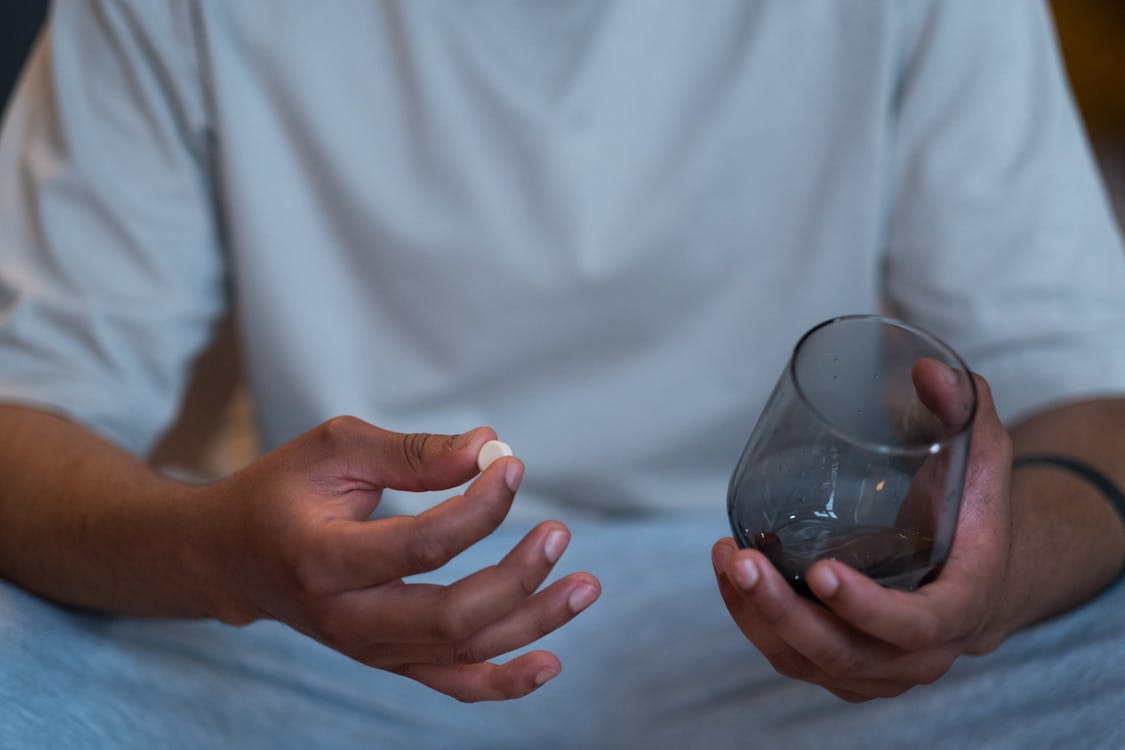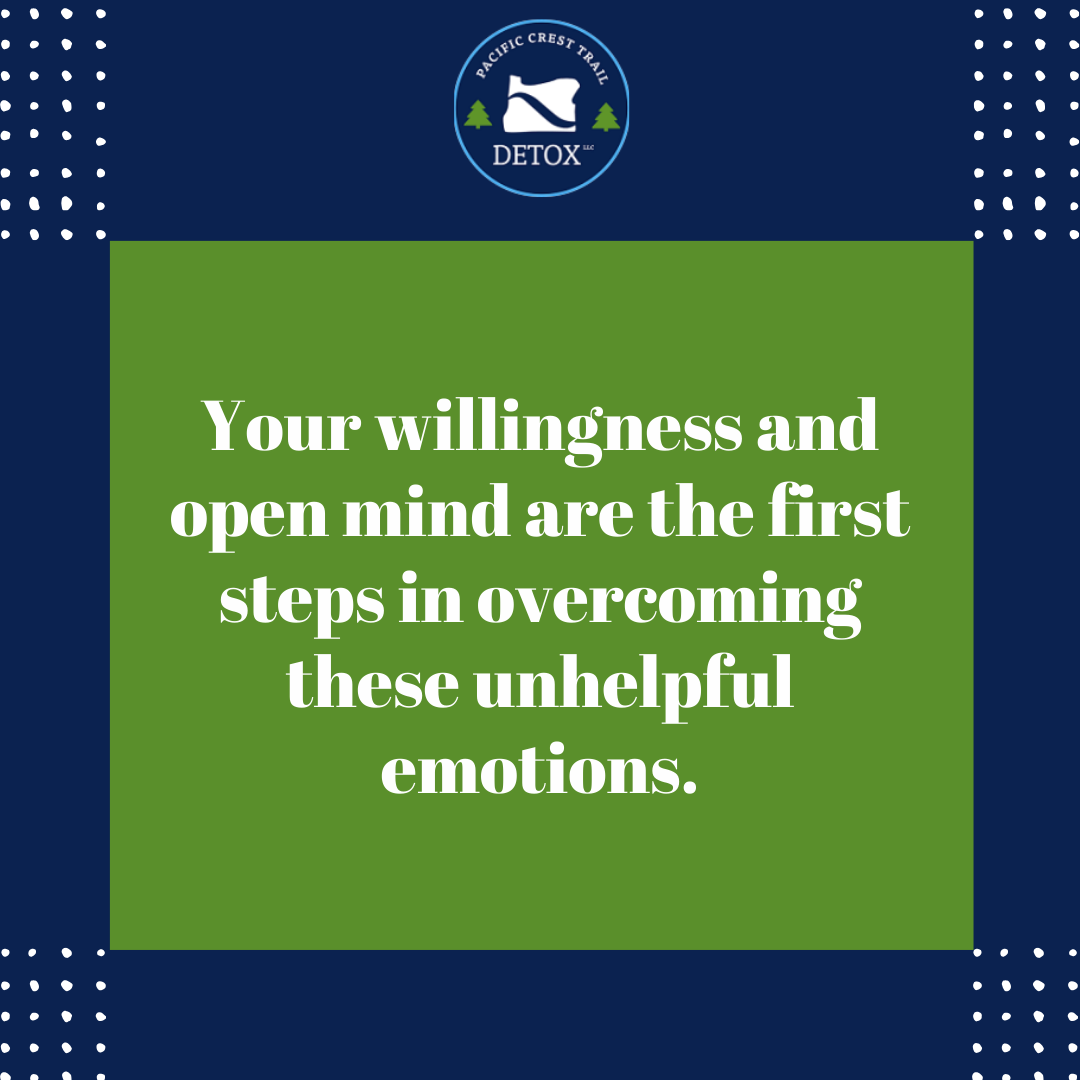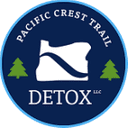People with SUDs or Substance Use Disorders often come up with different reasons to avoid detoxification. It’s understandable how this can be overwhelming and scary but undergoing drug detox is crucial in making improvement towards recovery.
Detoxification is a series of interventions designed to manage the acute effects of substance or alcohol intoxication and withdrawal. Under healthcare professional supervision, detoxification can help prevent serious and potentially life-threatening complications that may arise if the individual is not properly treated.
At the same time, detoxification is a form of palliative care that can help decrease the symptoms of addiction and their intensity, providing relief to those who are seeking abstinence or who are required to abstain due to hospitalization or legal issues.
Continue reading below to learn more about the psychology behind the avoidance of people with SUDs, ways to confront these excuses, and the importance of seeking help.
 Source: Pacific Crest Trail Detox
Source: Pacific Crest Trail Detox
Common Excuses to Avoid Detox
Individuals with SUDs may encounter various personal and psychological excuses that hinder them from entering detox. Some common reasons why people with SUDs might prevent detox are the following:
Fear of Withdrawal Symptoms
The term "withdrawal" describes the negative effects that occur when an individual abruptly stops or significantly reduces their consumption of alcohol or drugs. The severity and duration of withdrawal symptoms can vary depending on several factors, including the length of time the substance has been used, the type of drug involved, age, and overall health condition.
The initial thoughts of having to experience withdrawal symptoms could be frightening. Some of these common signs include tremors, sweatiness, irritability, vomiting, and intense anxiety. This feeling of fear is part of the process. Your brain reprograms itself in adapting from substance use habits to normal living. It takes time.
Denial in Addiction
According to the American Psychological Association (APA), denial is a psychological defense mechanism that unconsciously prevents individuals with substance use issues from confronting the negative or unpleasant reality of their situation.
People with SUDs often believe they are in charge of their consumption, but in reality, they have underlying issues that contribute to their addiction.
Despite their denial, they may feel ashamed to acknowledge their problem and may turn to drugs or alcohol as a coping mechanism for other emotional or psychological concerns. They may also be influenced by enabling behaviors from loved ones, which can worsen their addiction.
Furthermore, they may believe that they are somehow immune to the dangers of substance abuse, making it difficult for them to seek help.
 Source:
Pexels.com
Source:
Pexels.com
Stigmatization
Stigma refers to the act of labeling, stereotyping, and discriminating against individuals or groups, often through the use of disparaging words or negative behavior. An example of this is the use of derogatory terms to refer to individuals struggling with addiction, disorders, or the treatments and support services available to help them.
The fear of being judged by others can prevent people with SUDs from openly admitting their struggles and seeking the support they need. Hence, they might choose to isolate themselves.
Mental Health Condition
Based on recent studies, approximately 17 million adults in the United States in 2020 struggled with both a mental health disorder and SUD simultaneously.
When individuals struggle with mental health conditions simultaneously, known as co-occurring disorders or dual diagnosis, it can create additional challenges in the treatment process.
Often, individuals may be reluctant to acknowledge or address these underlying mental health issues, and may even rely on substance use as a coping mechanism to avoid confronting them.
Lack of Awareness
Many people may not fully understand the drug related complications, nature of addiction, treatment programs and facilities, or the potential benefits of detoxification. This could also lead to misconceptions about self-detoxification without proper professional guidance.
Psychology Behind Avoidance
Substances have the ability to impact your brain, particularly the area responsible for reward processing. Humans are inherently motivated to pursue pleasurable experiences, and this is often achieved through healthy behaviors such as spending time with loved ones or enjoying a tasty meal. The release of the chemical dopamine in these situations creates a positive feedback loop, as individuals seek out these experiences to feel pleasure and satisfaction.
However, drugs can also cause a surge of dopamine in the brain, leading to a cycle of seeking more pleasure from these substances and less from healthier sources. This can lead to changes in thought patterns, emotions, and behavior, ultimately leading to an unhealthy dependence on the drugs.

How to Confront Excuses
Asking for help can be a challenging task for many individuals, as it may evoke feelings of embarrassment or shame. But your willingness and open mind are the first steps in overcoming these unhelpful emotions.
Here are some ways you can overcome excuses not to seek detox/
For You:
- Acknowledge your real situation.
- Write down your reflections on the negative effects of addiction in your life, career, relationships, and overall health condition.
- Learn about the benefits of substance abuse counseling and other treatment options available.
- Communicate with trusted loved ones about these struggles and your desire to seek help.
- Establish achievable goals in both short-term and long-term for yourself.
6. Picture a brighter future for yourself, free from the constraints of addiction. Envision a life where you are healthier, happier, and more fulfilled. Hold onto this vision as a source of motivation for treatment.
For loved ones:
- Be willing to provide help and encouragement without being judgemental.
- Practice empathy and active listening so people with SUDs would feel heard and validated, which can strengthen your relationship.
- Understand that addiction is a complex condition that cannot be fixed by a single conversation or action so try to be patient as much as you can.
 Source:
Pexels.com
Source:
Pexels.com
The Importance of Seeking Help
Detoxification, or detox, is an essential step before entering addiction treatment programs. Without it, the process of withdrawing from drugs can be difficult and may result in anxiety and depression.
By undergoing detox, individuals can regain their energy and mental clarity, making it easier to transition into the next stage of their recovery, which is rehabilitation. This also helps in achieving long-term sobriety.
If you have fears and doubts, it is crucial to ask for help with your loved ones and healthcare professionals. You are not alone in this struggle. You can still heal and recover. It is better to face the reality and address it as soon as possible.
Start your recovery journey with a detox facility like Pacific Crest Trail Detox. We offer high-quality, affordable, and compassionate assistance for people with SUDs who are looking to end their struggles. Contact Pacific Crest Trail Detox today at (844) 960-3639.
